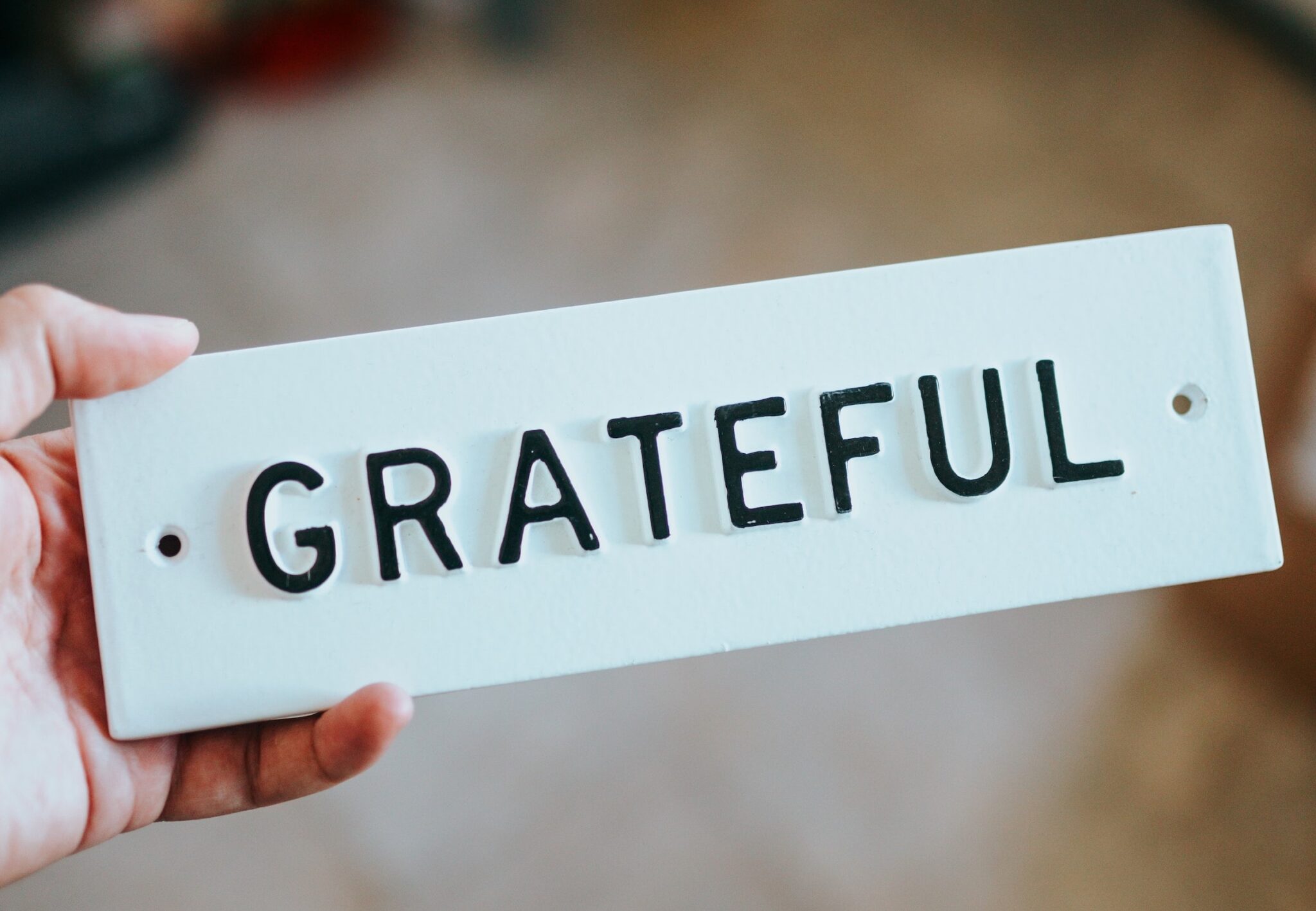
In Gratitude
October 12, 2022
Trick or Treat
October 26, 2022Apple Harvest
Farmers and gardeners work long hours this time of year to bring in the harvest. A huge factor in this is how to process and store the abundance. Growing up, Aunt Sylvia and Mom kept us kids busy for days slicing and cooking to make apple butter, apple pie, baked apples, and applesauce.
Well before the apple picking day Aunt Sylvia had talked to Mom, and received updates from the orchard. A weekend was chosen that was ideal for apple picking and processing. At least two of my taller cousins were there to pick apples and carry baskets. To reach the highest apples, I would stand on Tom’s shoulders and toss apples down to Jimmy. Arriving back at Aunt Sylvia’s house all was in readiness. She had planned in advance: pie pans and baking sheets, bowls, knives and cutting boards, canning jars and seals. She had cinnamon and sugar, butter and flour. All was ready.
We had lunch before the first round of cooking began. Then we sorted apples by variety and condition. Blemish free apples were saved for eating and making pies, they would keep for weeks. Apples with cuts, or bruises were lined up by a cutting board for sauce or apple butter. Once canned they would keep for months. Left over apple peels, seeds and mushy parts were dropped in a bucket and stirred into the compost heap. Nothing was wasted. Each of us had a job – peel or slice, make crust, or stir sauce. Everyone did what they could to store the harvest.
Harvest of Resilience
What do you have to harvest?
At the end of an event, a course, or a time in your life, what is there to harvest? How can you store this wisdom gained so that it is there for you in the future? We often live “fast forward”: life experiences, training opportunities, youtube and tiktok, online courses, webinars, conversations, photos, and events tumbling one over another. Running through an apple orchard taking a bite of every kind of apple is fun. Bringing home a bag of apples and setting them in a cool spot with no time to process them results in throwing out an oozy bag of apples. A few hours in the kitchen makes a difference.
How can you process your harvest to build your resilience? Take time to sort through your life experiences, store those things that you want to access in the future, send excess paper to the recycling bin, recruit help if needed. By slowing down to process what you have gained, your life will be enriched weeks and months down the road.

Plan Ahead
Notice that it is time to harvest. An event is over, you are home from the conference, your or your family’s life is shifting to a different phase. Acknowledge that change is happening.

Label and Store Your Harvest
Discuss ways to make these ideas actionable. Create a filing system that will allow you to find this wisdom. Create a mini poster for yourself or the family to remind you of what you have learned. Celebrate your growing wisdom even when it is from things that didn’t go so well.

Gather Help to Process
Some processing is done on your own – note taking, a walk, a drive to think things through. It often helps to process it with someone else.
Example: My wife and I have an annual holiday open house (when Covid permits). After it is over, we sit down with paper and pen and talk over how it went. Who came, what food was eaten or left over. What did people drink? How did the seating go? We look at photos and talk over the party. Then we ask: how will this change next year? A shared file is updated with key photos, recipes that were a hit, and ideas for next year.
It is interesting to process a trip or event with children and to find out what they thought the best and worst things were about it. Their point of view can be very different than the adults.

Prepare Tools
A journal or paper to take notes. Markers and big pieces of paper for a conversation with the family. A filing system – physical or digital to store those things you want to carry forward. A disposal system for what you don’t need. An office cleaning might result in a lot of recycled paper and deleted or archived files. Your most important tools are your questions:
-
- What went well? What did not go well?
- What was learned?
- Is there information or knowledge here that aligns with my/our goals?
- How did I (or we) feel about that?
- Would I want to do that again? If so, is there anything I/we would change?

Set Aside Time
An hour at your desk to review the course materials. Twenty minutes on the team agenda or at family dinner to talk about how an event went. Fifteen minutes before bed to consider that big conversation you had. A morning every month to review last month’s events to plan this new month. Or the occasional weekend away (or hidden inside your house) to consider what life has taught you.
A successful harvest pays off in the long run. A homemade jar of apple butter is perfect for cold winter mornings! Being able to find that idea or article when you need it keeps momentum going in a future project. Notes from what did and didn’t work at least year’s event shortens prep time this year. Wisdom gained from that disastrous relationship, amazing experience, or mediocre vacation informs your future decisions. Taking time to process your life experiences builds your personal, family and team resilience.
Our next Resilience Check-In will be November 10th at Noon (EST). Let’s talk about what we have taken the time to harvest from our own lives. The zoom link will be sent to our email list. If you are not already receiving these blogs in your email you can sign up here.
Peace,
Laura A. Gaines





